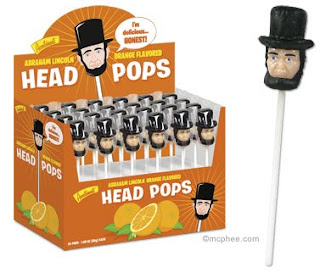SO. In the interest of finishing these off so I can hunker down over some more kanji before sleeping, the sentences for this week are going to be about...things in my range of vision. Fair warning, though, I will embellish freely when appropriate, and sometimes when not.
131) ~につれて, X
as ~, X also happens

~ happens along with X
~とともに
~にしたがって
Knowing "つれて"'s usual meaning, this is a pretty simple point. The only part to look out for is that につれて can only come after the plain dictionary form of a verb.
Ex. 僕は毎週の文法を書いて始まるにつれて、大事な電子辞書を開く。でも今日忘れたので、想像な辞書を使ってしまう。
132) ~にとって ・ ~にとっては ・ ~にとっても
for ~,
~からみて (pt 3o)
This is another one that you've probably already heard if you've been immersed in Japanese for a length of time, my first usage of this one went something like "英語しか話せない外国人にとって、日本語はやっぱり難しいだろう。". "For foreigners who only speak English, Japanese is, as expected, difficult." The clincher - only use it after nouns.
 Ex. 僕の彼女はきれいなことが好きだから、いつもなんかが汚れられたら、彼女もうすぐに掃除する。僕にとって、食べかけのパスタやぬれたタオルを置きっぱなしでいいでしょう。
Ex. 僕の彼女はきれいなことが好きだから、いつもなんかが汚れられたら、彼女もうすぐに掃除する。僕にとって、食べかけのパスタやぬれたタオルを置きっぱなしでいいでしょう。133) ~にとっての
for ~
see above
This one is almost exactly like 132, with the grammatical difference that it must be followed and preceded by a noun, and it's possessive. I couldn't change the example sentence I snuck into grammar point 132's explanation because I'm not saying "the foreigner's Japanese". Another way to put it - the using this grammatical form makes the subject whatever comes AFTER the grammar point instead of before it.
 Ex. 友達にとっての一番の忘れたものはシャツです。例えば、ソファから三枚を見える。
Ex. 友達にとっての一番の忘れたものはシャツです。例えば、ソファから三枚を見える。134) ~に伴って ・ ~に伴い ・ ~に伴う (伴=ともな)
as ~,
See 131
The only difference I see between につれて and に伴い is that the former is more sequential, ie A changes, then B changes along with it. For に伴い, though, the two are closer to simultaneous. Remember, though, that A and B in these cases are not interchangeable. Just because as A happens, so does B, does NOT mean as B happens, so does A. The other big difference - this one can be paired up with verbs and nouns alike.
Ex. テレビのリモートコントロールの電源ボタンを押すに伴ってテレビが爆発した。それは変でしょう?普通はそのボタンを押すとホットココアに注がれる。
(you are crazy if you think I'm googling "chocolate shower")
135) ~に反して ・ ~に反する (反=はん)
To be inconsistent with~
Contrary to ~,
The OPPOSITE of 85, ~とおり
反 is a good kanji to know all by itself as a general opposition kanji. 反対, 反面教師, etc etc. Knowing this makes this definition more or less self-explanatory. When using the ~に反する version, there should be a noune on either side. For ~に反して, just a noun to the left will do. It is most commonly paired with 予想, 期待 and other predictiony/evaluative words.
Ex. 任天堂Wiiの天候チャンネルの予報に反する雨が上海に降っている。











